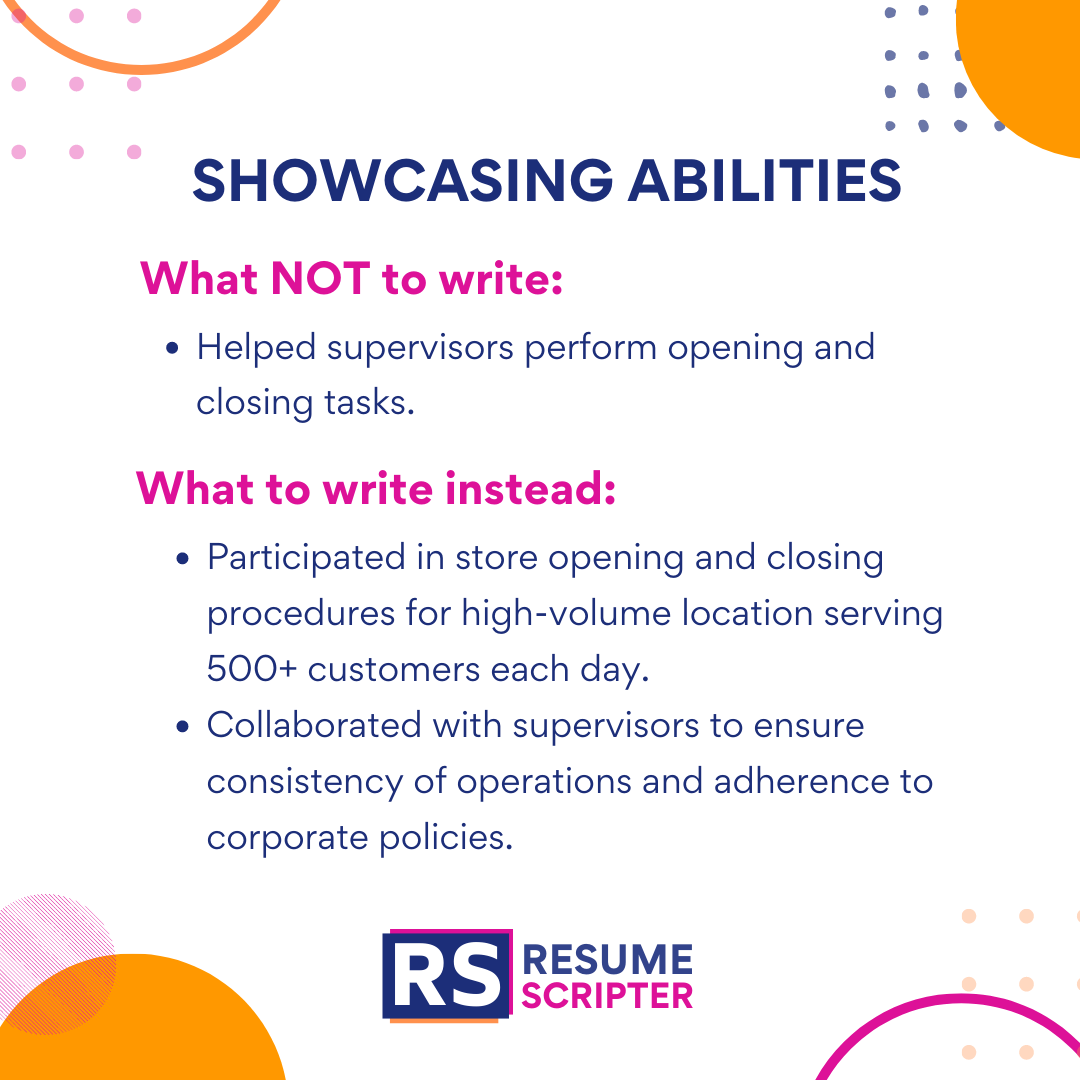It’s time to democratize access to quality resumes.
And the real reasons why most of our clients don’t have one.
As a professional resume writer, I’ve been privy to how different segments of workers take ownership and claim credit for successes that they’ve been involved in. I’ve come to notice commonalities associated with gender, education, and social class.
For instance, those who have doctoral degrees tend to share too much information about themselves. When creating resumes for these clients, I usually have to pare down the content, put it in the appropriate context, and simplify the language to engage employers instead of overwhelming them.
But other clients I work with don’t have impressive academic credentials. If they did go to college, they may have been the first in their families to graduate. These clients often have no idea which elements of their experience to showcase. The resumes these clients share with me are often boring lists of tasks they did, with little embellishment or quantitative information to showcase their impact.
Some of this might be cultural; in many collectivist societies, it’s not appropriate to take credit for collaborative work. More often, these clients simply haven’t learned how to market themselves to employers. With them, my task is to ask many questions to tease out the meat and impact of their experience, and to push them to take credit for the work they were involved in.
What does that look like on paper? Passive words like Helped, Assisted, and Supported should be replaced by more proactive language.
Here’s one example of a before bullet, and two after examples that could replace it.
- Helped supervisors perform opening and closing.
Use these instead:
- Participated in store opening and closing procedures, for high-volume location serving 500+ customers each day.
- Collaborated with supervisors to ensure consistency of operations and adherence to corporate policies.

For each bullet you write, ask your client questions about the context that the work took place in, and the impact that they helped to achieve.
More important than language is the mindset that you bring. Do you believe that your clients are capable and deserving of quality jobs? If so, it’s your role to help them to create quality materials to get them there.

October 27, 2022




Comments